- Women's Rights Fund Partners
- How the Women's Rights Fund Works
- The Impact of the Women's Rights Fund
- Get involved with the Women's Rights Fund
- Women's Rights Fund Partners in Kenya
- Women's Rights Fund Partners in Occupied Palestinian Territory (OPT)
- Women's Rights Fund Partners in Lebanon
- Women's Rights Fund Partners in Nepal
Women's Rights Fund Partners in Kenya
The Women's Rights Fund currently partners with six grassroots women’s rights organisations in Kenya.
Elevate Her
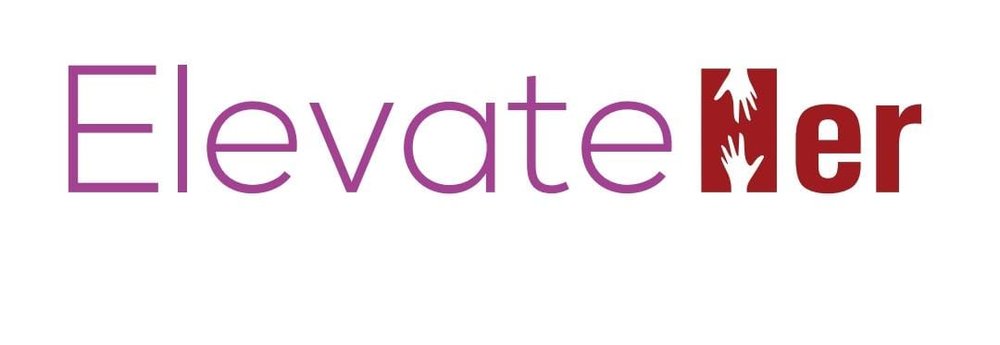
Elevate Her champions the rights of women and girls with disabilities. They do this through advocacy, community engagement, education and sports.
Elevate Her strive to ensure that women and girls with disabilities have equal access to all aspects of life, enabling them to excel and be celebrated for their abilities.
Teenseed Africa
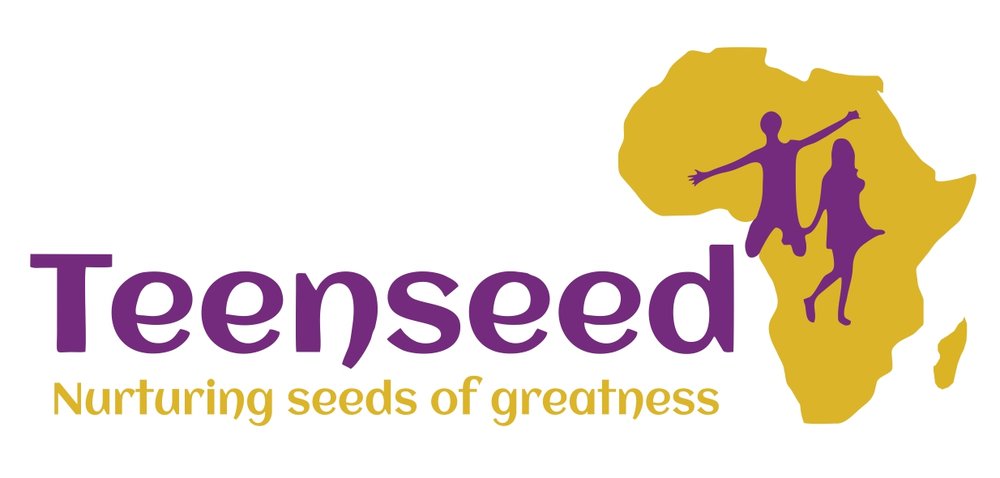
“Women and girls are seeds of greatness! Teenseed is a story of successful community organizing.. to overcome social injustices against women and girls' health and rights, using feminist principles.”
Winny Obure, Founder and Director; Teenseed Africa.
Teenseed Africa was founded in 2006. It supports teen and young women in Nairobi’s informal settlements and rural areas of Homa Bay, Kisumu, Busia, and Migori Counties.
Teenseed addresses sexual and gender-based violence through:
- advocacy for sexual and reproductive health rights
- education support for survivors
- economic empowerment for young mothers
- efforts to end period poverty
The organisation also engages men and boys in combating rape culture.
Build and Enlighten Communities Initiative (BECI)
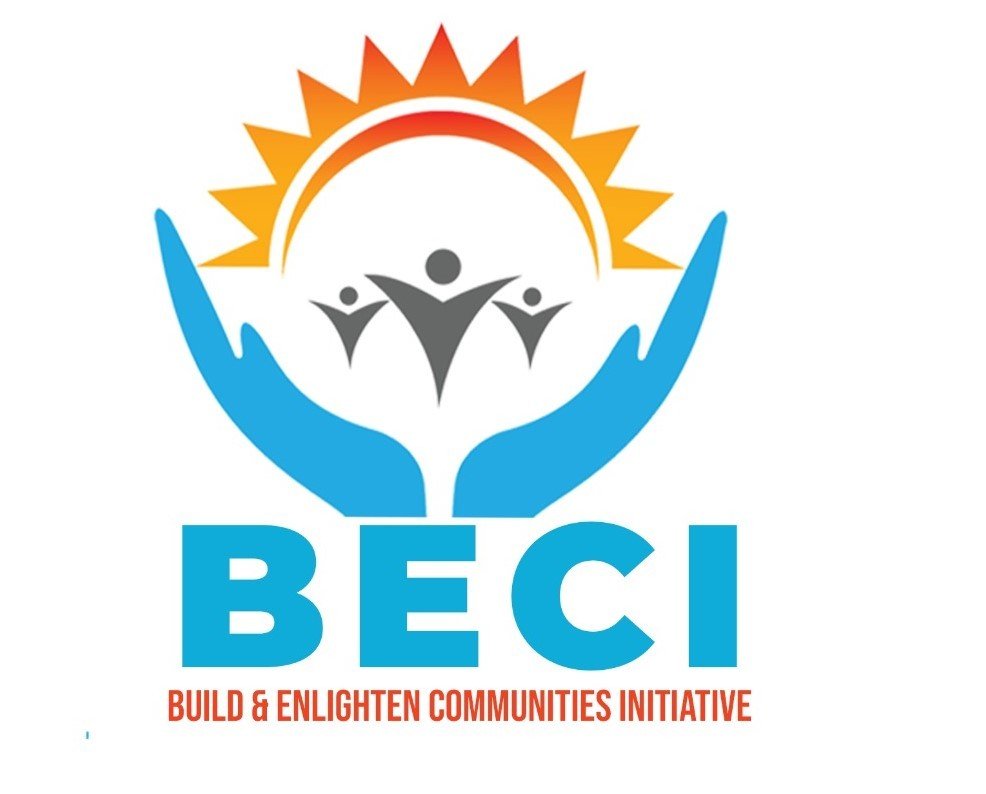
BECI was founded in 2023 to support women, young people and marginalized groups in low-income settlements. The organisation promotes gender equality, reproductive health, economic empowerment and climate action through skills building and community-driven solutions.
Desire Youth Initiative
Desire Youth Initiative (DYI) promotes gender and social justice by empowering women, girls and marginalized groups. DYI work across five key areas: addressing gender-based violence through awareness and survivor support, promoting sexual and reproductive health and rights through youth mentorship, fostering peace through dialogue, supporting economic empowerment through skills training, and advancing climate justice through conservation efforts.
Jafari Jata Solution
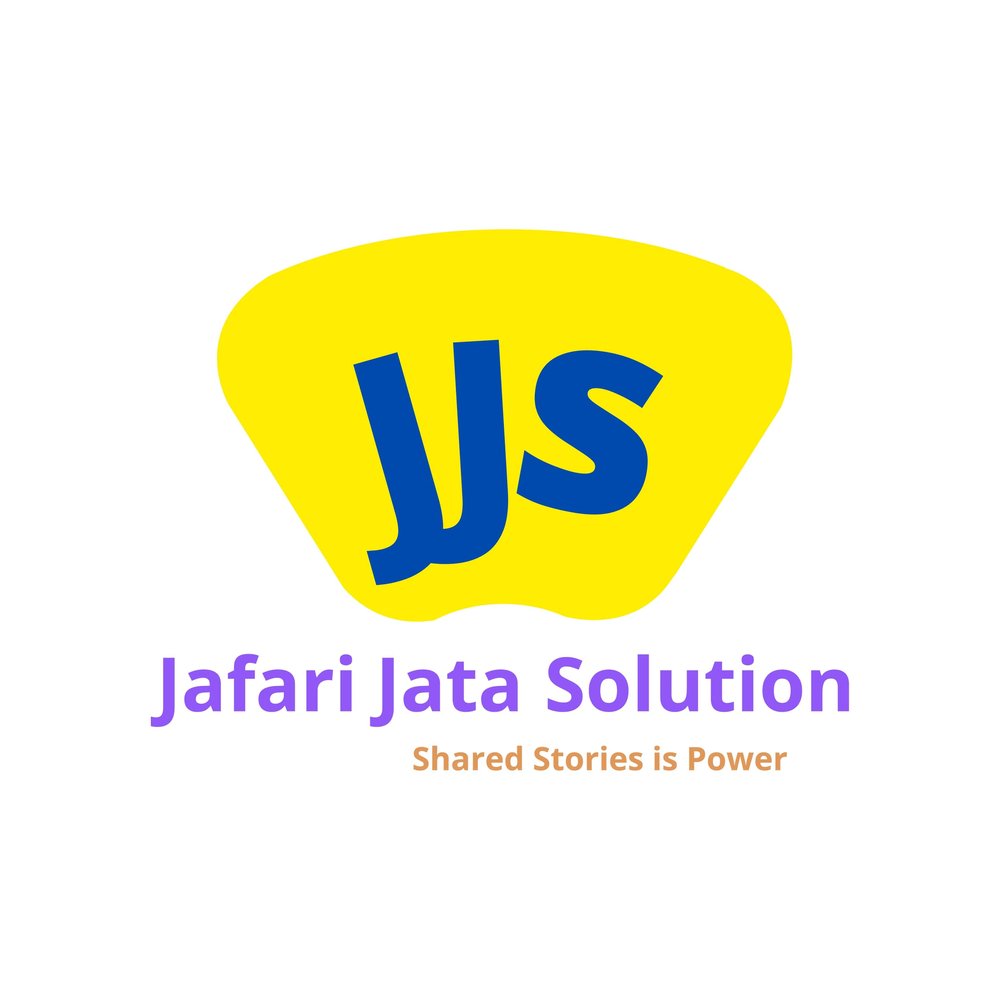
Jafari Jata Solution was founded in 2020. The organization supports the LGBTQI+ community, migrant workers and trafficking survivors through outreach, verified alerts, education and peer engagement. Inspired by lived experience, JJS works to close protection gaps through ethical storytelling, advocacy, and survivor-led action. The name blends African and Arabic roots, symbolizing hope, movement, and justice. JJS envisions a world where migration is informed, safe, and dignified for all.
Restoring Dignity Foundation
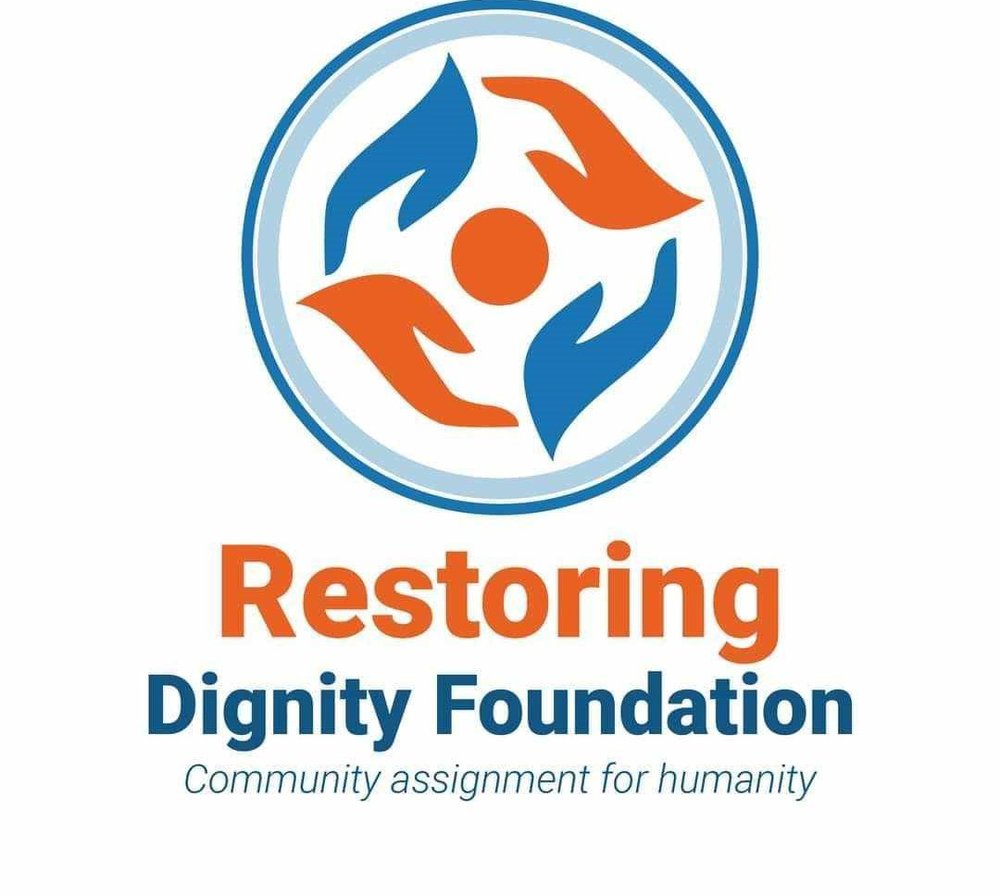
Restoring Dignity Foundation (RDF) was established in 2020 in Korogocho, Nairobi. RDF advocates for access to essential rights including health, housing, education, food, water and social security. The foundation focuses on empowering the elderly, women, girls and persons with disabilities in informal settlements.
Past Members
Association of Women in Agriculture in Kenya (AWAK)
AWAK promote women’s rights and build the skills and knowledge of women and young women farmers. The organisation champions people having enough to eat, secure rural livelihoods, nature-positive innovations and effective urban food systems. AWAK was a partner of the Women's Rights Fund from 2021 to 2025.
Association for Women in Energy and Extractives in Kenya (AWEIK)
AWEIK is a women-led umbrella organisation working in the extractives sector, addressing challenges faced by women engaged in oil, gas, mining and energy industries. They were a partner of the Women's Rights Fund from 2021 to 2025.
Indigenous Resource Management Organization (IREMO)
IREMO is based in Marsabit county, one of the poorest regions of Kenya. They work to improve the living conditions of rural women, young people and people with disabilities.
IREMO address female genital mutilation issues, as well as responding to the severe drought, advocating for representation of women in political leadership and supporting the county government in the development of gender policies.
IREMO were a partner of the Women's Rights Fund from 2021 to 2025.
Usikimye
Usikimye means ‘do not be silent’ in Swahili. They work on prevention and response to sexual and gender-based violence.
“We felt there was an intersection between hunger and gender based violence (GBV) and so we started a feeding programme. It became something [of] a necessity in this community as part of mitigating GBV.”
Njeri Migwi, Executive Director, Usikimye, Kenya
Usikimye run safe houses and an emergency hotline for survivors of violence, as well as several programmes including support to teenage mothers and online counselling. Usikimye was a partner of the Women's Rights Fund from 2021 to 2025.
Badili Africa
Badili Africa was founded in Nairobi in 2013. The organisation creates informal and innovative spaces for political discussion for women, such as beauty spas and tea parties. Some of their members ran for office in the Kenyan elections of 2022. Badili Africa was a partner of the Women's Rights Fund from 2020 until 2024.
“The role of Badili Africa is to ensure that women and girls understand that their participation, or lack thereof, [in political processes] has a direct impact on the quality of public service delivery in this country.”
Bina Maseno, Executive Director, Badili Africa, Kenya
Dhobi Women Network
Dhobi Women Network have championed the rights of women and girl domestic workers in Nairobi since 2010.
They specialise in labour rights for local and migrant domestic workers, as well as combatting gender-based violence in the workplace (through a reporting system for violence survivors, connecting women to hospital treatment and more).
Dhobi Women Network were a partner of the Women's Rights Fund from 2020 until 2024.
“We have been able to build the capacity of women domestic champions from the grassroots level whereby they are able now to stand on their own and claim their rights. When abuses are raised they are able to respond.”
Grace Ngugi, Executive Director, Dhobi Women's Network.
Wangu Kanja
Wangu Kanja Foundation works to end sexual violence in Kenya. It received a one-off grant for work with WRF partners on the prevention of violence in the run up to the Kenyan elections in August 2022. This funding enabled our partners to undertake preventive actions with communities and authorities and reduce women’s vulnerability.